Why should it be my loneliness, why should it be my song, why should it be my dream deferred overlong?
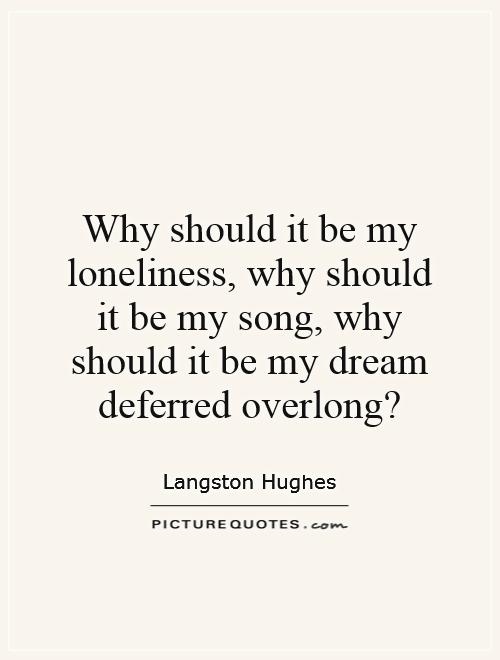
Why should it be my loneliness, why should it be my song, why should it be my dream deferred overlong?
Langston Hughes, a prominent figure in the Harlem Renaissance, often explored themes of identity, race, and the African American experience in his poetry. In his poem "Dream Deferred," Hughes poses the questions, "Why should it be my loneliness, why should it be my song, why should it be my dream deferred overlong?" These questions reflect the struggles and frustrations of African Americans who have been marginalized and oppressed in society.The first question, "Why should it be my loneliness," speaks to the isolation and alienation that many African Americans have felt throughout history. Hughes himself experienced feelings of loneliness and displacement, as he grappled with his identity as a black man in a predominantly white society. The loneliness he speaks of is not just a personal feeling, but a collective experience shared by many African Americans who have been marginalized and excluded from mainstream society.
The second question, "Why should it be my song," highlights the idea of cultural appropriation and the erasure of black voices in American culture. African American music, art, and literature have often been co-opted and commodified by white artists, leading to the erasure of black contributions to American culture. Hughes challenges this appropriation by asserting the importance of black voices and experiences in shaping the cultural landscape of America.
The final question, "Why should it be my dream deferred overlong," addresses the systemic barriers and obstacles that have prevented African Americans from achieving their dreams and aspirations. For centuries, African Americans have faced discrimination, racism, and economic inequality that have hindered their ability to fulfill their potential and pursue their goals. Hughes questions why the dreams of black individuals have been deferred and delayed for so long, highlighting the need for social change and justice.
Overall, Hughes' questions in "Dream Deferred" reflect the struggles and challenges faced by African Americans in a society that has historically marginalized and oppressed them. By questioning the status quo and challenging societal norms, Hughes calls attention to the injustices and inequalities that continue to impact black communities today. His words serve as a powerful reminder of the importance of fighting for equality, justice, and the fulfillment of dreams for all individuals, regardless of race or background.
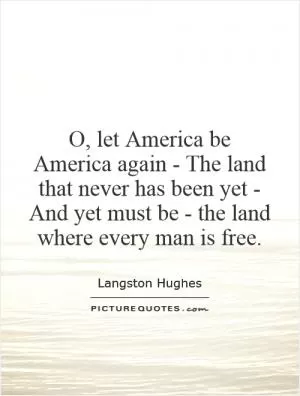
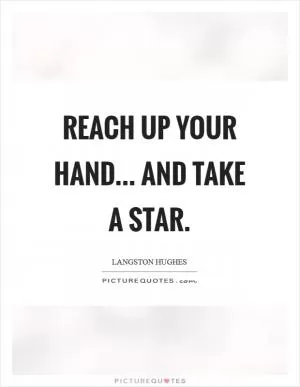
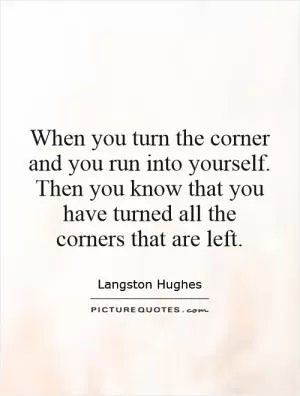




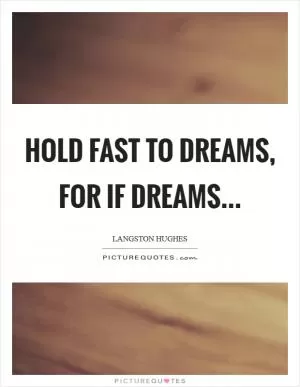

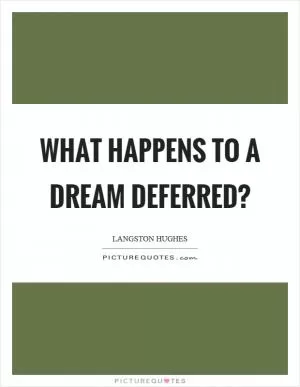
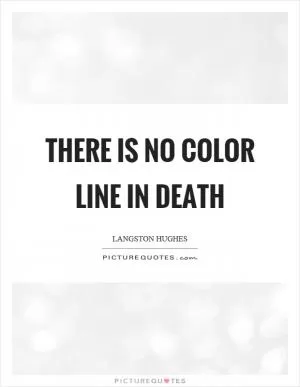
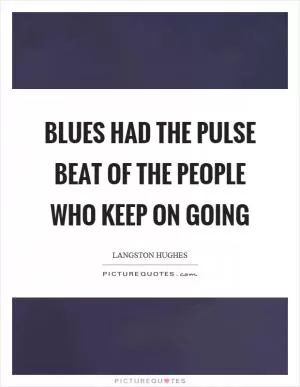
 Friendship Quotes
Friendship Quotes Love Quotes
Love Quotes Life Quotes
Life Quotes Funny Quotes
Funny Quotes Motivational Quotes
Motivational Quotes Inspirational Quotes
Inspirational Quotes